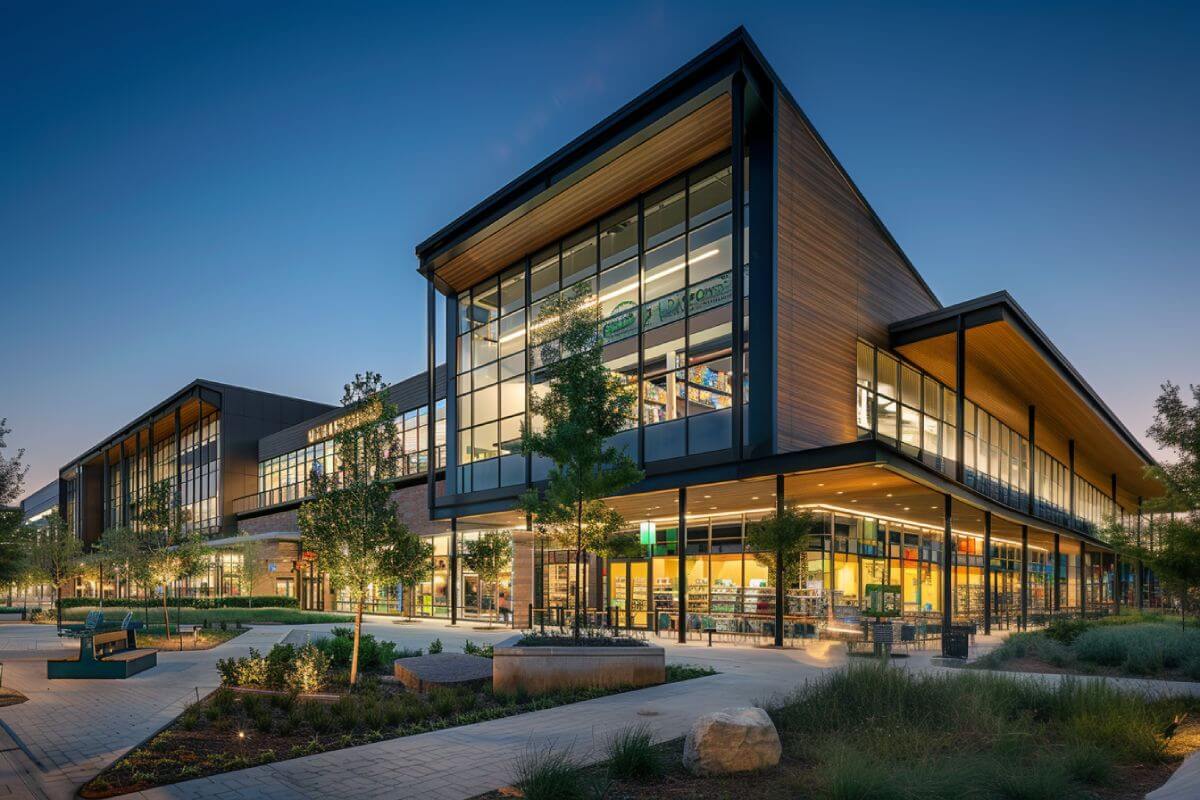In the dynamic landscape of real estate development, mixed-use properties have become increasingly prominent beyond urban settings. Combining retail, office, and industrial spaces within a single development offers unique advantages and opportunities for investors and communities alike. This blog explores the concept of mixed-use properties in non-urban contexts, their benefits, considerations, and why they are gaining traction in today’s market.
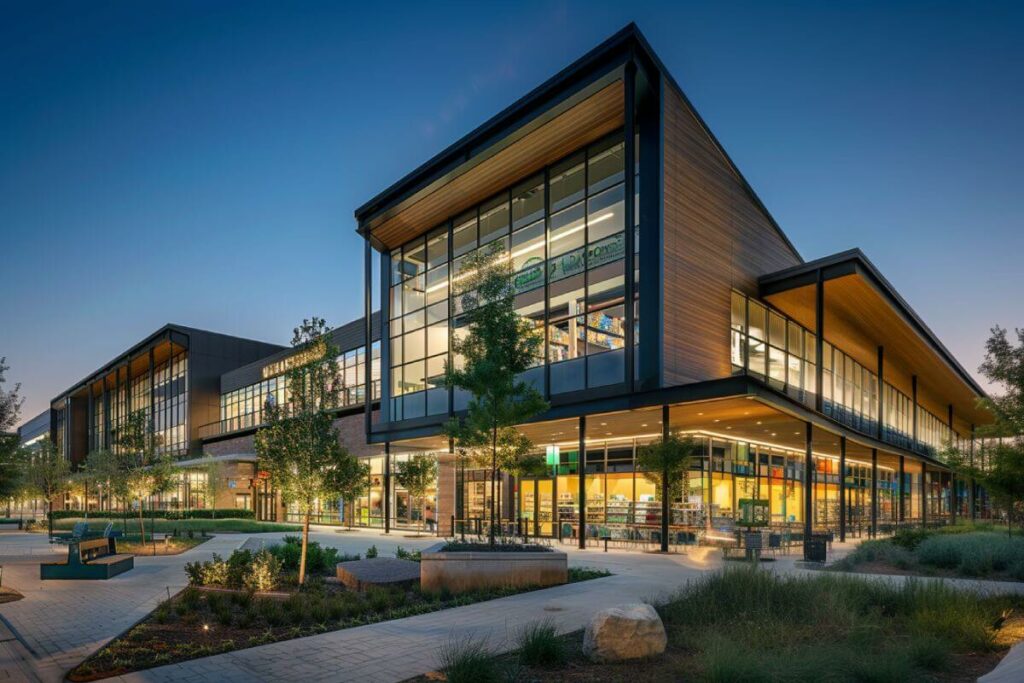
What are Mixed-Use Properties?
Mixed-use properties integrate multiple types of land uses—such as retail, office, and industrial—into a cohesive development. Unlike traditional single-use buildings, these properties create synergies between different sectors, fostering efficiency and enhancing the overall value proposition.
Benefits of Mixed-Use Properties
- Synergy and Efficiency: By colocating retail, office, and industrial spaces, mixed-use properties optimize space utilization and operational efficiency. Proximity between different sectors can streamline logistics, supply chain management, and customer access, ultimately reducing costs and improving profitability.
- Diversified Revenue Streams: Investing in mixed-use properties diversifies income sources, spreading risk across different sectors. This diversification enhances economic stability and resilience, particularly during market fluctuations or sector-specific challenges.
- Enhanced Flexibility and Adaptability: Mixed-use developments are adaptable to evolving market demands and tenant needs. Flexibility in design and use allows for adjustments over time, accommodating changes in consumer preferences, technological advancements, and business dynamics.
Considerations for Developers and Investors
- Zoning and Regulatory Requirements: Developing mixed-use properties outside urban areas requires navigating zoning regulations and local ordinances that govern land use. Compliance with these regulations is crucial for obtaining permits and approvals necessary for construction and operation.
- Design and Integration: Successful mixed-use developments require thoughtful design that harmonizes retail, office, and industrial spaces. Factors such as traffic flow, parking allocation, and shared amenities must be carefully planned to optimize tenant satisfaction and operational efficiency.
- Management and Operational Challenges: Effective management of mixed-use properties involves coordinating diverse stakeholders, from retail tenants to office lessees and industrial operators. Clear communication, maintenance of shared infrastructure, and fostering a cohesive community environment are essential for long-term success.
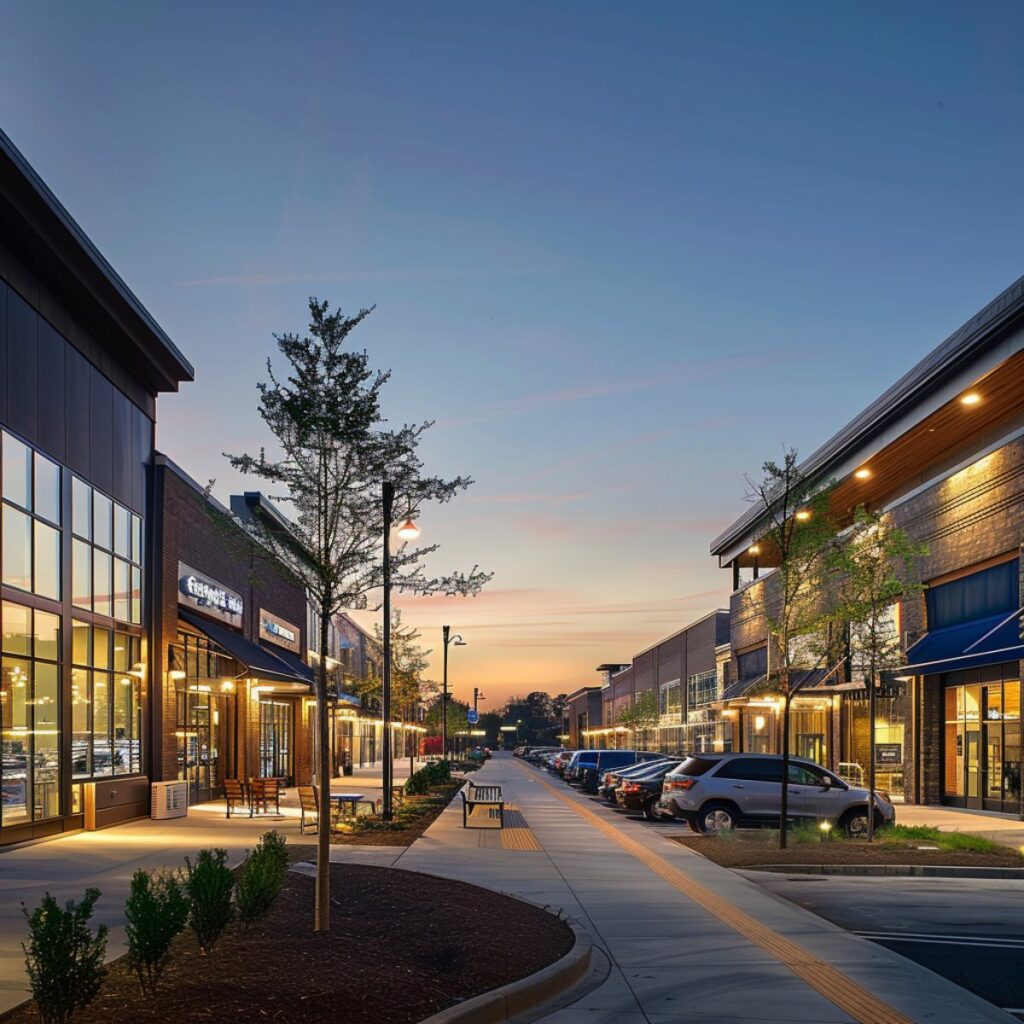
Case Studies and Examples
- Mixed-Use Retail and Office Complex: A development in a suburban area integrates retail storefronts on the ground floor, office spaces on upper levels, and shared amenities such as conference rooms and dining areas. This layout enhances convenience for employees and visitors while maximizing the retail foot traffic.
- Industrial and Office Park: An industrial park incorporates office spaces for administrative functions, supporting businesses’ operational needs within the same vicinity. This proximity facilitates collaboration between office and industrial tenants, optimizing production processes and client servicing.
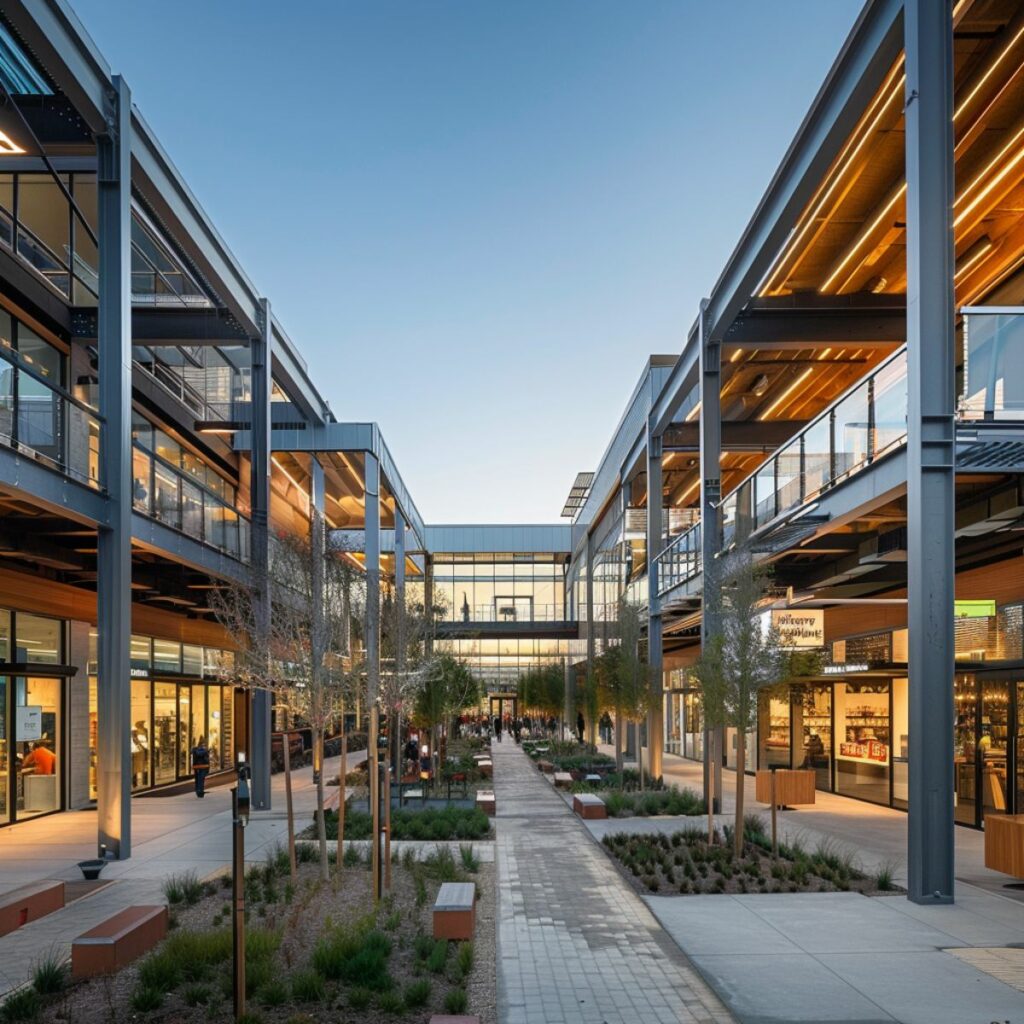
Mixed-use properties in retail, office, and industrial sectors offer compelling opportunities for developers and investors seeking to maximize space efficiency, diversify revenue streams, and foster community integration. By leveraging the synergies between different land uses, these developments contribute to economic growth, operational efficiency, and tenant satisfaction in non-urban settings. As market dynamics evolve, mixed-use properties continue to demonstrate their resilience and value in shaping the future of real estate development.
Subscribe to the newsletter
Don’t Miss Any of Our Blog Posts, Subscribe to Our Weekly Newsletter Today!
Recent posts

What to Expect When Working with a CRE Agent: Your Guide to a Successful CRE Journey
Navigating the commercial real estate (CRE) market is a complex process that demands more than just basic knowledge. It requires

How to Find a Good Commercial Real Estate Broker: Your Guide to Navigating CRE
Navigating the complex landscape of commercial real estate (CRE) requires more than just a basic understanding of the market. Whether
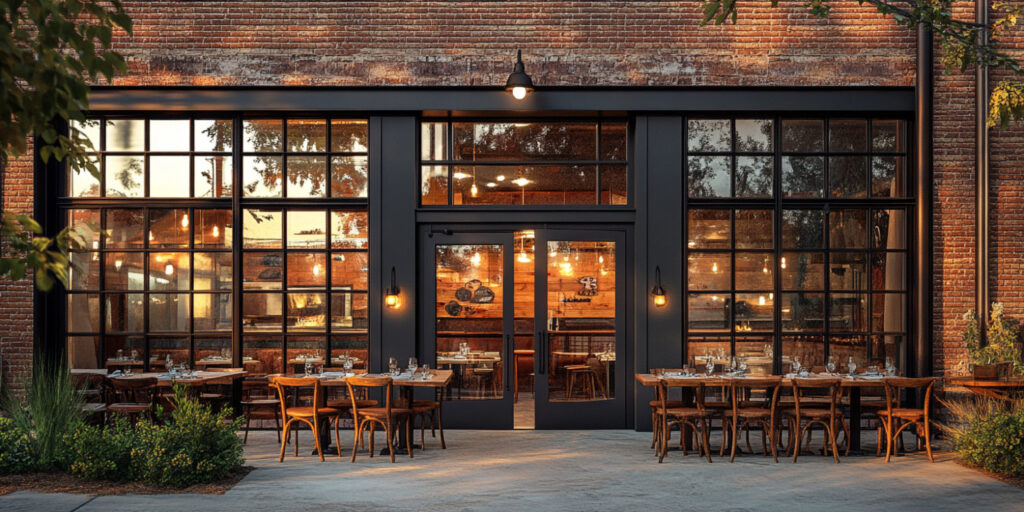
Benefits of Adaptive Reuse for Restaurant Spaces
Adaptive reuse, the process of repurposing existing buildings for new uses, has become an increasingly popular strategy in the restaurant

